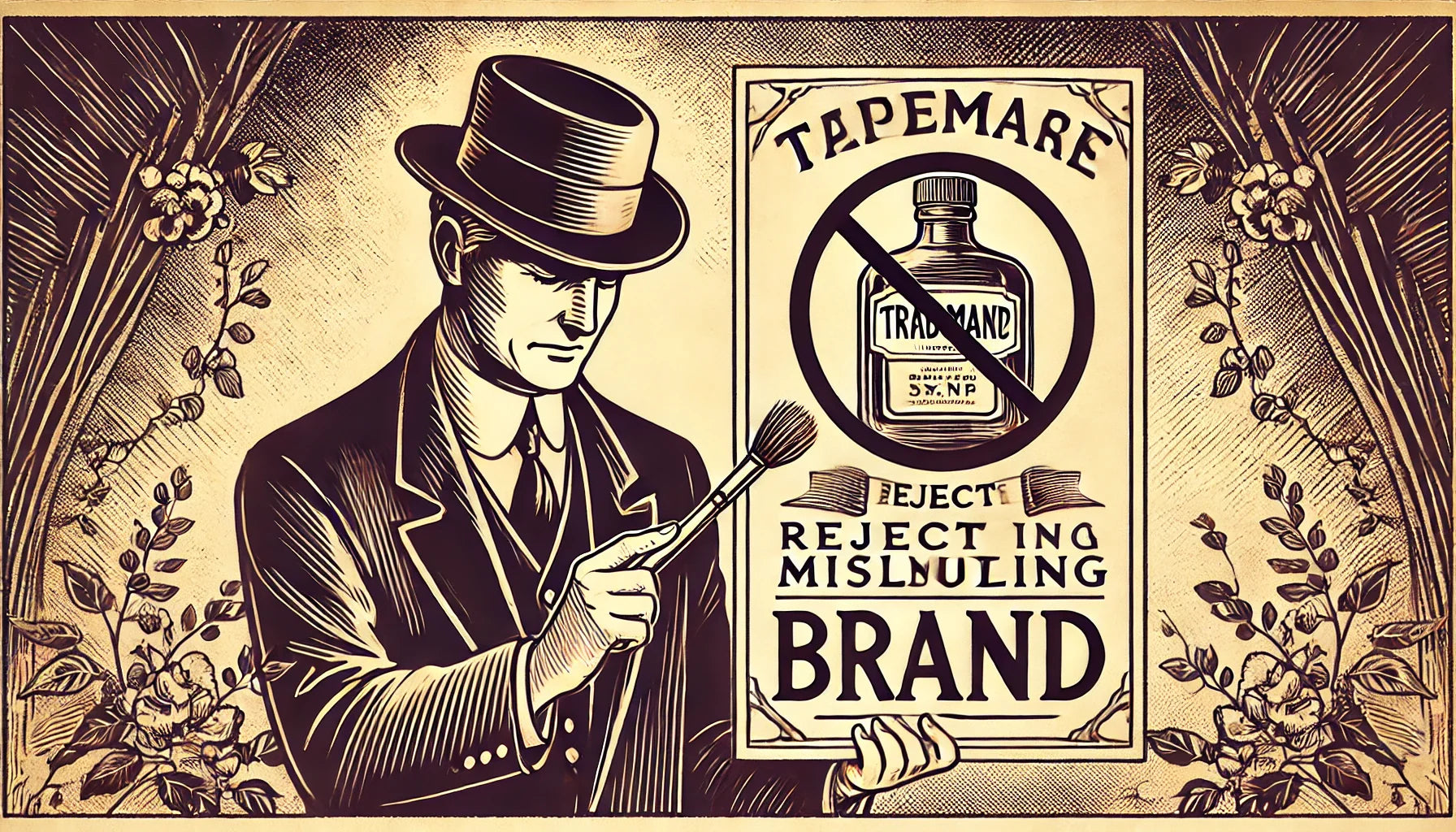Computer software or programs are instructions that are executed by a computer.
Software is protected under copyright law and the inventions related to software are protected under patent law. Source Code and Object CodeComputer software are instructions that form source code and object code. Software takes a lot of skill, time, and labor to develop them, so it is natural that you want to protect all your hard work. Computer programs can be copied and used by unauthorized persons. Your actual software and app source code may be protected under copyright law,. The concepts and inventions related to software may be protected under patent law. COPYRIGHT PROTECTIONS
Copyright Law defines computer programs as literary work, and as such is protectable under copyrights. For example, computer programs are sets of instructions expressed in words, codes, schemes or other forms, including a machine readable medium, capable of causing a computer to perform a particular task or achieve a particular result. The words, codes, schemes, or other forms may be protected under Copyright law as creative works the same as a book, a movie, or a work of art (and often to the coder, the source code is a work of art). Copyright protection extends for author’s lifetime plus 70 years. For works made for hire, the term of the copyright is 95 years from first publication or 120 years from creation, whichever is shorter. Copyright protection is inherent at the time of creation and is automatically protected, and may appear to be attractive and free option to protect your software. Additionally, if you want to be able to definitively define the date you created your creative work, you can register your copyright with the Library of Congress. It should be noted that copyright protects the Patent Protections
In the United States software is patentable. Software patents are typically referred to as computer implemented processes. Software can be protected in the U.S. if it is unique and tied to a machine. Most importantly, for software to be patentable, the software needs to offer some kind of identifiable improvement. Merely doing something that is known on a computer (like adding numbers together) is extremely unlikely to be patentable. For example, U.S. patent law excludes "abstract ideas", and this has been used to refuse some patent applications involving software. In Europe, "computer programs as such" are excluded from patentability. The EPO holds that a program for a computer is not patentable if it does not have the potential to cause a "further technical effect" beyond the inherent technical interactions between hardware and software. While source code may not be patentable, it does not mean that a software invention may not be patented. One way of determining whether a software invention will be considered patentable subject matter or Advantages of Patents over Copyrights
A patent over a software invention can be used to prevent others from utilizing a certain algorithm without permission or to prevent others from creating software programs that perform patent protected functions. In contrast, copyright law protects only a particular expression of an idea i.e. copying of source code or a portion of it, and not the copying of the idea/functionality. Accordingly, patents offer much broader protection. There are significant differences in the
|
 About the Firm... About the Firm... Miller IP Law is a firm that focuses on small businesses, startups, and entrepreneurs/solopreneurs. We’re easy to use. We offer affordable pricing that’s transparent and flat-rate. We focus on the little guys who actually need our help. If you’d like an attorney on your team, simply schedule a Zoom call, and we’ll take care of the rest. Top Blog Articles1. Cheapest Way To Get A Patent 2. How Long Does It Take To Get A Trademark?  Want to chat more about this topic, or got a burning question? Take advantage of instant chat and send us a direct message

Find Us On LinkedIn |
About Our Firm…
Miller IP Law is a group of attorney's, based out of Mountain Green, Utah, who are excited to help you build your business and further innovate market places and economies. Please consider looking at our services, billed at flat rate, and be sure to grab a free strategy session to meet with us!
Get weekly stories and information about protecting intellectual property with our e-mail Newsletter today!
Need To Get In Touch With Us?➡Schedule A Free Strategy Session Today… |
|
Flat Fee Pricing
Straightforward for Patents and Trademarks
|
Patent Application |
Trademark Application |
Copyright Application |













Comments
Great article and describes the protections I automatically have as a software developer, however it doesn’t cover the intellectual property rights of a business owner who contracts the software development to an external agency (which I was interested in).
I have a signed NDA which has a comprehensive IP clause …. but not sure that this protects me in this instance if the agency refuses to share the source code for example.
Great post, exactly what is needed, i as well believe this is a very superb website.
This is actually the kind of information i have been trying to find.
Thank you for writing this information.